Section: Religion
There are more than 60 results, only the first 60 are displayed here.
Become a subscriber for more search results.
-
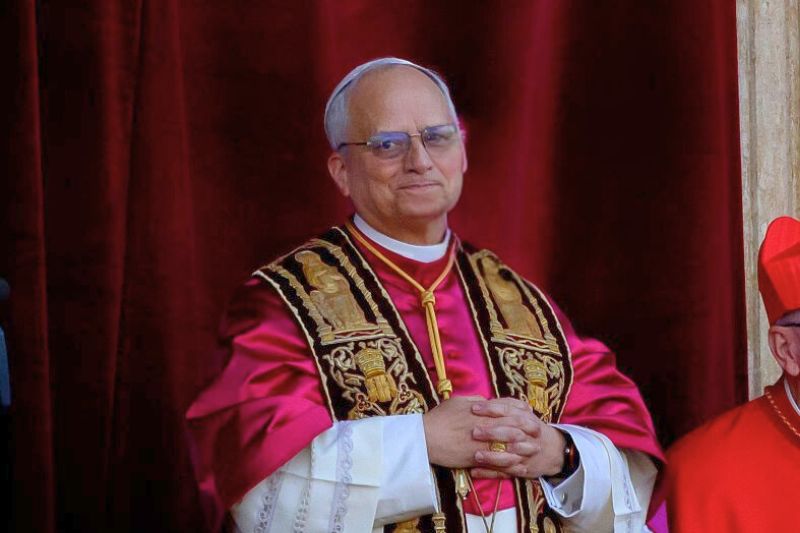
RELIGION
- Andrew Hamilton
- 12 May 2025
What kind of Pope will Leo XIV be? In the wake of Francis, this new pontiff inherits both a vision and a world in flux. With a global sensibility, and a unifying motto, his early gestures suggest a leader shaped by harmony, not polarisation, and attentive to human dignity.
READ MORE
-
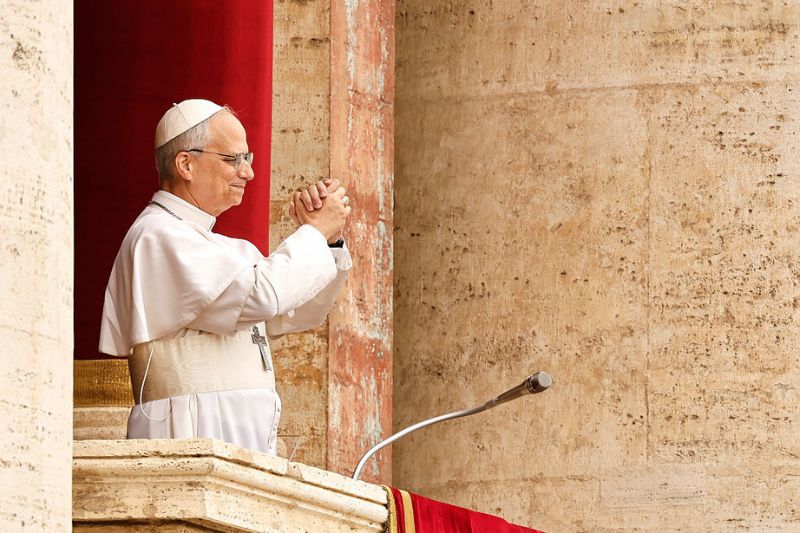
RELIGION
- Frank Brennan
- 12 May 2025
A new pope from the Americas, shaped by Peruvian missions and Roman canon law, signals a Church recalibrating for an era of technological upheaval and moral uncertainty. Rooted in tradition yet attentive to the margins, his election hints at a renewed focus on justice, dialogue, and global spiritual responsibility.
READ MORE
-
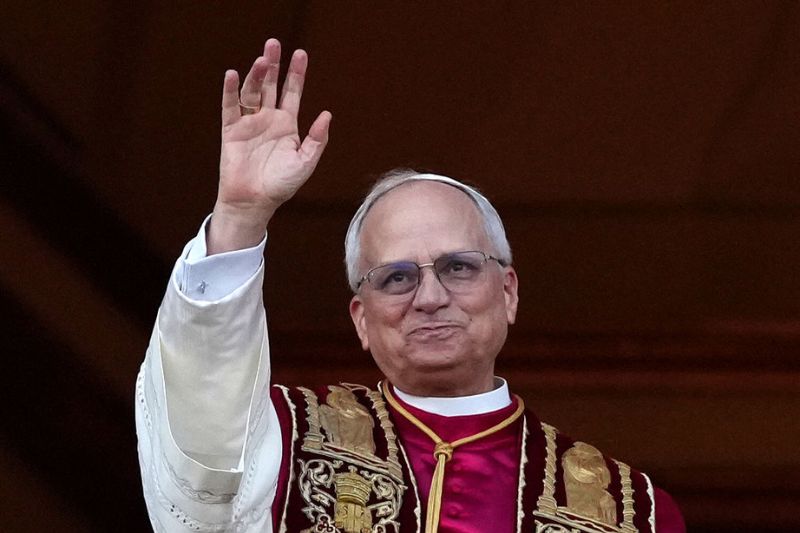
RELIGION
- Michael McVeigh
- 09 May 2025
Pope Leo XIV, the first US-born pontiff, brings a global, socially engaged background and cautious conservatism to the papacy. Fluent in five languages and steeped in canon law, his past hints at reform tempered by tradition. His views on synodality, gender, and justice will shape Catholicism’s next chapter.
READ MORE
-
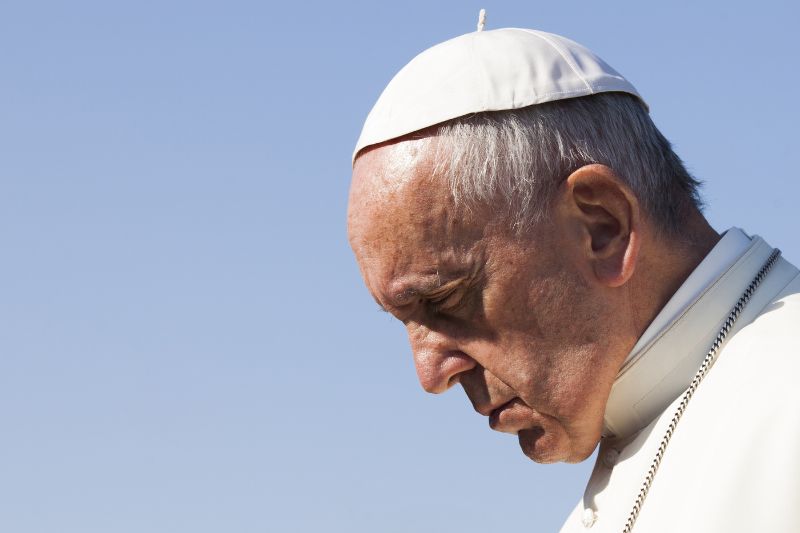
RELIGION
- Miles Pattenden
- 07 May 2025
In an age of transient politics and market-driven morality, the papacy remains a rare constant. The pope has enduring significance as a global moral figurehead whose authority lies not in power but in the stubborn articulation of what ought to be.
READ MORE
-
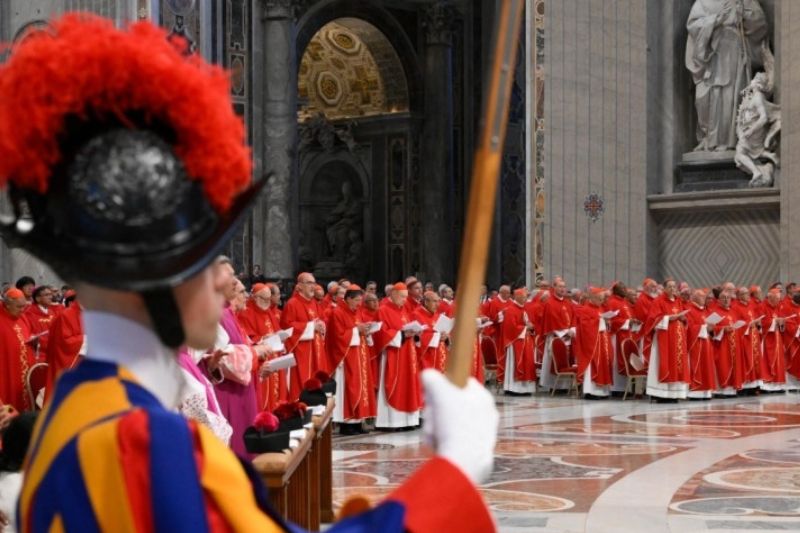
RELIGION
- John Warhurst
- 05 May 2025
As the cardinals prepare to elect a new pope, the centuries-old conclave process proceeds with solemnity and speed. But beneath the tradition lies the question of whether a closed, clerical system still reflects the needs of a diverse, divided, and global Church.
READ MORE
-
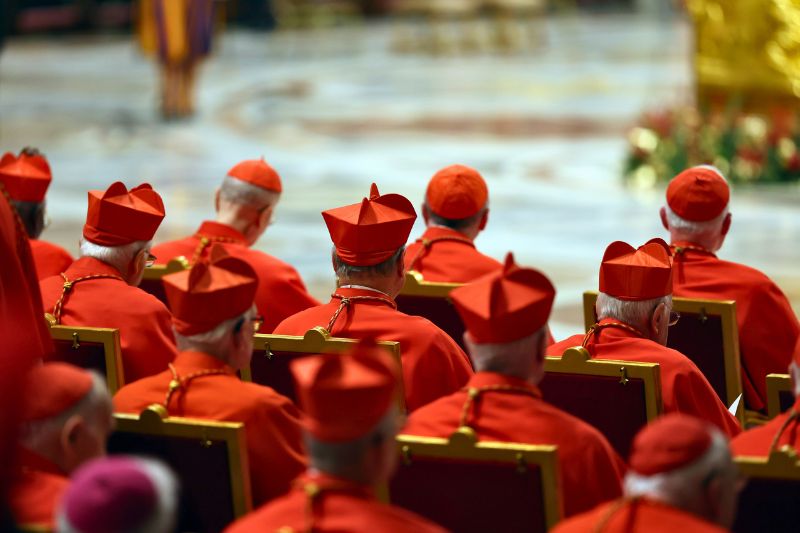
RELIGION
- Miles Pattenden
- 01 May 2025
As cardinals gather in Rome, they must confront declining trust, shifting global power, financial scandals, and unresolved doctrinal divides within the Church. More than a choice of leader, this moment is a reckoning with modernity and the future direction of the Church itself.
READ MORE
-
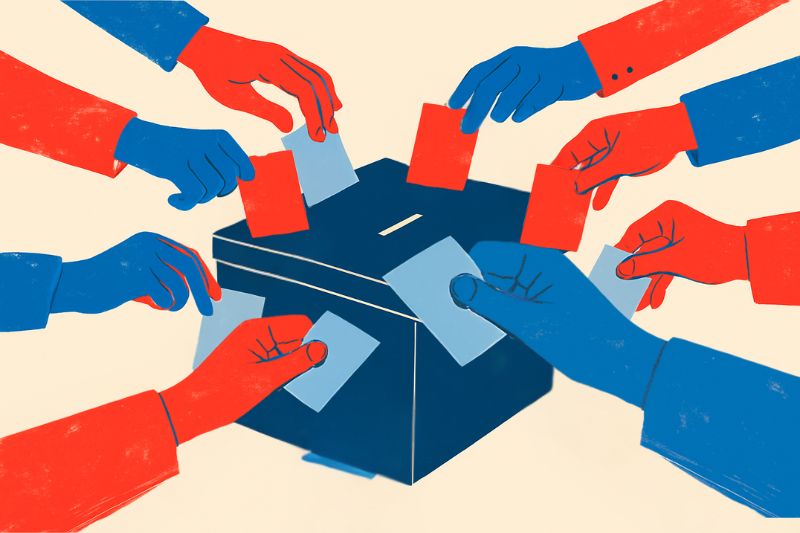
RELIGION
- Andrew Hamilton
- 01 May 2025
Three elections, three systems, one shared question: what kind of person should lead? As voters and cardinals choose their next leaders, attention turns from policy to personality — to character, courage, and conviction. In an age of division, the qualities that guide a life may yet decide the fate of nations.
READ MORE
-
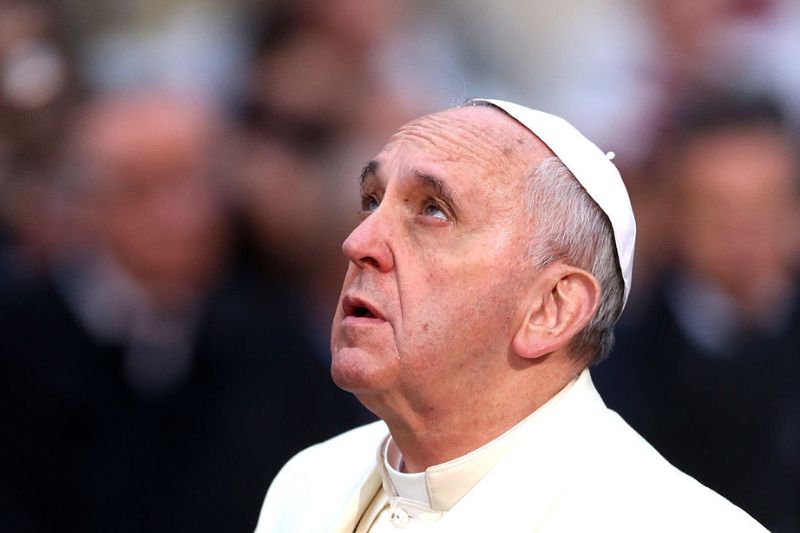
RELIGION
- Michael McVeigh
- 30 April 2025
Pope Francis’ pontificate was marked not by triumph but by a humble reckoning with failure. In a Church marked by scandal, division, and decline, he didn’t reverse the tide but pointed to another measure of faithfulness: mercy over mastery, presence over power, and the courage to fail, not downward, but upward.
READ MORE
-
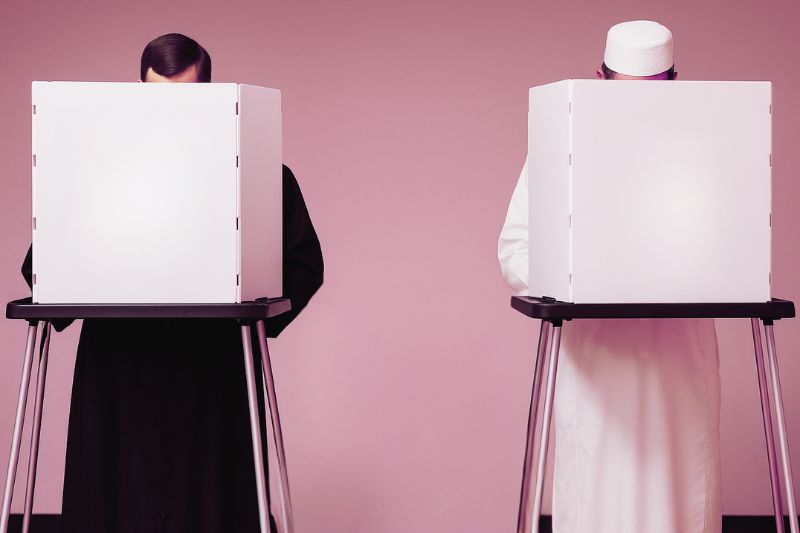
RELIGION
- John Warhurst
- 30 April 2025
Faith, once a quiet undercurrent in Australian elections, is now entangled in questions of ethnic identity, foreign policy and cultural grievance. Religion has returned to the centre of political life, only to find itself more divided, and more contested, than ever before.
READ MORE
-
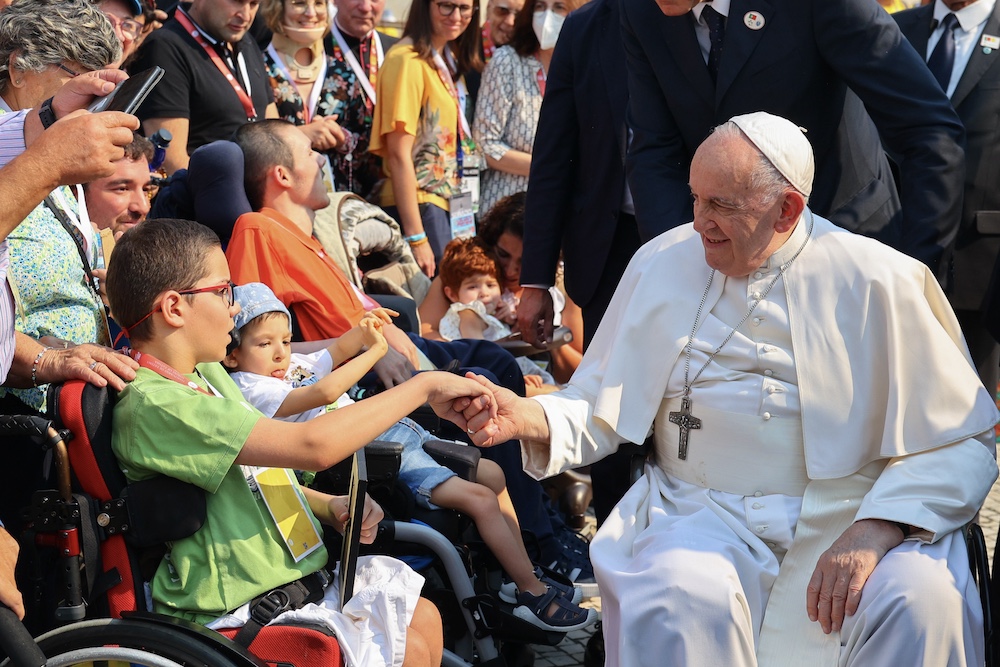
RELIGION
- Frank Brennan
- 23 April 2025
Francis was a pope prepared to blur the edges of doctrine, or at least its application, opening the doors of the Church to all those seeking love, mercy and forgiveness. He never doubted God’s capacity to love and forgive all who sought that love and forgiveness. He maintained the certainty, not of doctrine but of the simple piety of believers.
READ MORE
-
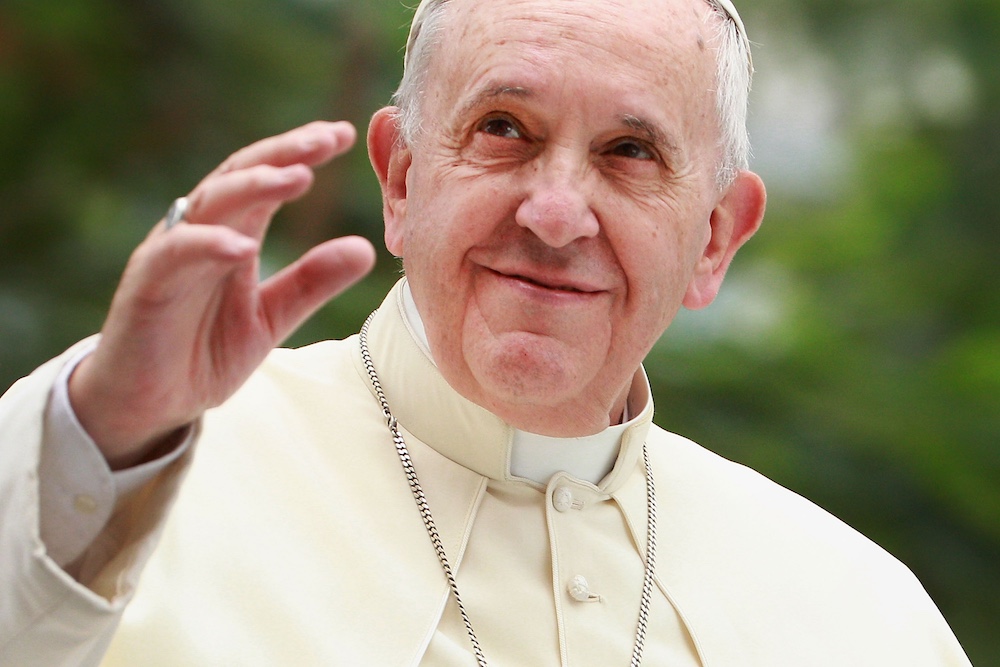
RELIGION
- Andrew Hamilton
- 22 April 2025
In a world that sees refugees and immigrants as a threat, disregards the victims of war, trashes the environment, rewards self-interest and cheapens religious faith, Pope Francis wept with those mistreated, pleaded their cause and radiated joy and hope.
READ MORE
-
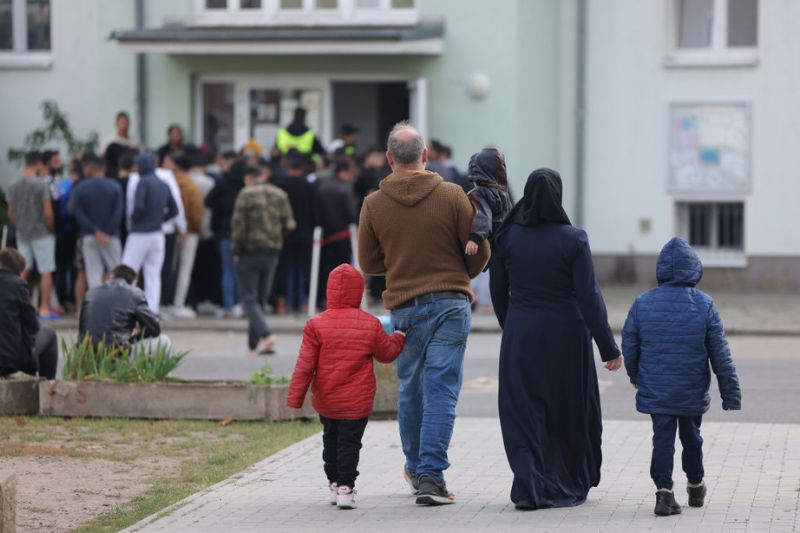
RELIGION
- Andrew Hamilton
- 16 April 2025
In the lead up to Easter, the story of a man welcomed with palms and crucified days later takes on renewed urgency. In an age of closed borders and hardened politics, the Easter message casts a sharp light on how we treat the stranger, the exile, and the dispossessed.
READ MORE